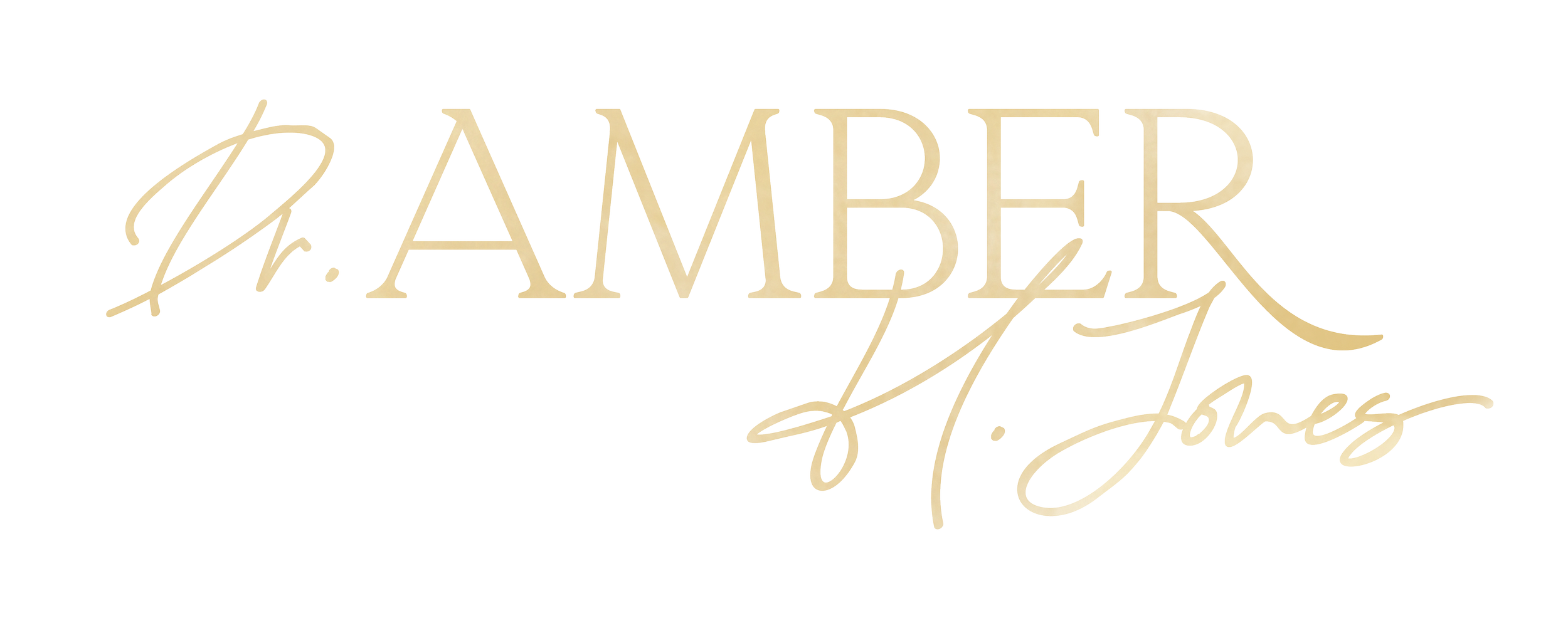This entire season has been a reminder that there is no much we do not know, even when we think we do. We are constrained by our humanity. Our automatic brain processes, our insufficient categories, our implicit biases, our sin nature – all of these things and more work to keep us in reduced cognitive capacity even when we feel like we know so much. In order to understand our fullest meaning, we need to cooperate with the Divine Author.
Read MoreThe longer and more often we rehearse the connections and meanings we’ve made of things, the stronger those connections and meanings become. If those meanings are true and healthy, we have goodness that sticks. If those meanings are untrue and unhealthy, we have damage that sticks. Rehearsal is like cognitive glue and that’s why it’s so important to stop and consider the scripts we’ve been repeating to ourselves which are shaping our stories and our lives.
Read MoreScripture makes clear that humankind, while made in God’s image and capable of extraordinary goodness and genius, is also corrupted, limited, and to a large extent blind. Repeatedly, Jesus emphasized the importance of praying for eyes to see and ears to hear the truth because the bend of every one of our hearts is away from the truth and not toward it. When it comes to making moral meaning, the consequences of our blindness couldn't be more serious.
Read MoreIt's not an exaggeration to say that meaning making is one of the most critical acts with which we’ll ever engage and that this is terrifying because we are fallible human beings with limited capacity and understanding. Also, most of us muddle through life without ever questioning the meaning we have made of our stories and how that meaning is impacting us and so we continue making meaning without giving it a thought in the world, many times to the detriment of ourselves and others. Join in this season as we explore how to revolutionize the ways we make meaning.
Read More



